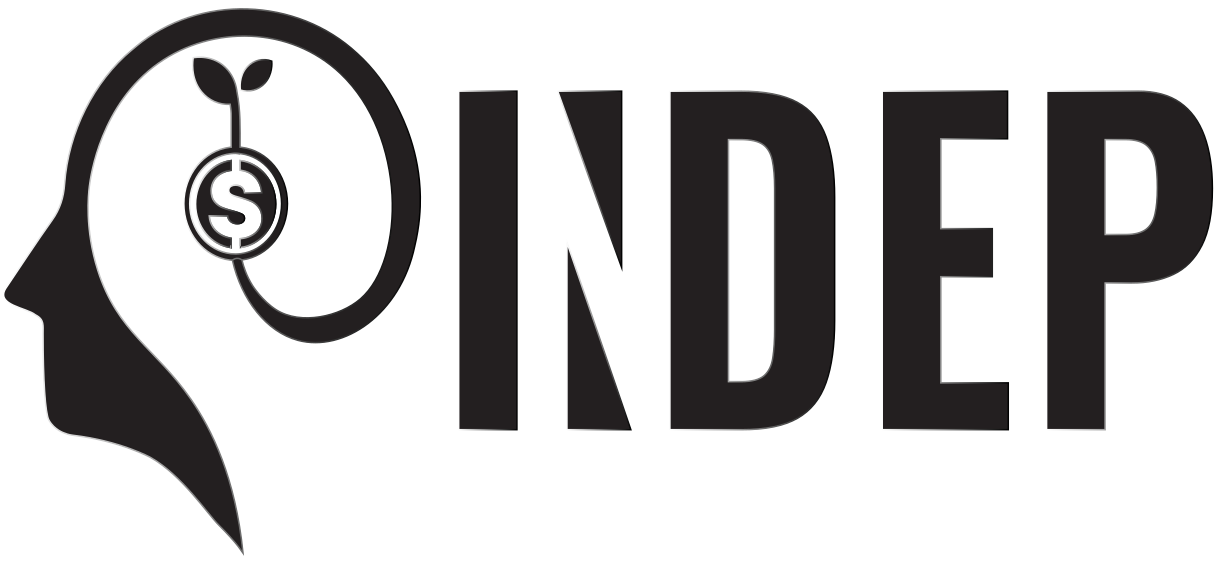The Introduction
Most Canadians are proud to be Canadian. However, not all Canadians drive pickup trucks with a flag waving in the back or spend hours talking about the constitution or our 2nd Amendment but we are proud. It’s only fair we leave certain things to our early-morning pastry-loving cousins in the south.
We might not argue about gun laws as much, or boast about maintaining world peace but there’s something that Canada has that most countries would go crazy for. It’s not the maple syrup, advanced hockey skills, poutine, or our free green buds, that are legal I might add, Not Drake or Bieber but it’s our Universal Health Care system.
This Universal Health Care system is a FREE health care system that provides us with all the medical care we need, Wrong!
Being so proud of the system we sometimes forget the details and the details are part of why we are actually able to deduct specific medical expenses. In this blog we’re going to skimp over the Health care System then we are going to take a look at what we can deduct each year to help us reduce our tax payable and hence secure our tax refund. The medical expenses tax credit is one of the most underused deductions. We need to change that.
Canadian Health Care System
As we know it was introduced in 1967 (most of us don’t know this) and I guess sometimes we take so much pride in the system we might kinda slightly forget it’s a publicly funded healthcare system providing health services that are mostly free to Canadian citizens/ Residents, managed and administered on a provincial and territorial level guided under the Canadian Health Act.
Publicly funded means exactly what you just googled. We the people actually pay for the healthcare system and not as indirectly as we might think. We pay what is called a Health Premium, in Ontario, it’s as you guessed it “The Ontario Health Premium.”
Ontario Health Premium
If the taxpayer is a resident of Ontario, and the taxable income is more than $20,000 by the end of the year, the taxpayer is required to pay the Ontario Health Premium (OHP). So just in case you weren’t aware when you file your taxes you pay this premium to the government which uses it to help fund the Ontario Health Insurance Plan (OHIP) and other health services for the people of our country, How patriotic. Information on eligibility and other interesting data can be found at more about OHIP.
So we know we have to pay for this Universal Health Care but how much do we pay? Generally, the premium can range from $0 to $900 depending on your income. So if you are a taxpayer residing in Ontario with a taxable income of more than $20,000, you must pay the Ontario Health Premium (OHP). If it makes you feel better to pay the maximum of $900, you’d have to be making about $200,600. Praise the progressive tax system. More information at Ontario Health Premium.
How much are you paying?
| Ontario Health Premium | |
| Taxable Income | 2005 and Later Tax Years |
| first $20,000 | no premium |
| over $20,000 up to $25,000 | (taxable income – $20,000) x 6% |
| over $25,000 up to $36,000 | $300 |
| over $36,000 up to $38,500 | $300 + (taxable income – $36,000) x 6% |
| over $38,500 up to $48,000 | $450 |
| over $48,000 up to $48,600 | $450 + (taxable income – $48,000) x 25% |
| over $48,600 up to $72,000 | $600 |
| over $72,000 up to $72,600 | $600 + (taxable income – $72,000) x 25% |
| over $72,600 up to $200,000 | $750 |
| over $200,000 up to $200,600 | $750 + (taxable income – $200,000) x 25% |
| over $200,600 | $900 |
Medical Expenses Tax Credit
So now we know that the Canadian Universal Health Care plan is actually funded by us the true Patriots on a provincial level. It’s also important to note that not everything is covered and that there are some medical expenses that we must pay.
Yet as mentioned it’s not the maple syrup or Hockey that makes us proud it’s also the flexibility and compassionate nature of our people that make us proud. The Federal Government actually allows us to reduce our Taxable Income each year by deducting eligible Medical Tax Credits.
The medical expenses amount is a non-refundable tax credit, which reduces the amount of federal income tax payable. Almost every taxpayer has medical expenses that occur throughout the year.
The omission is the biggest mistake that taxpayers make in claiming medical expenses. Most people either don’t claim their expenses or are unaware of the multitude of common expenses that qualify for this credit. These days, public health care cutbacks, and the out-of-pocket costs for medical care have made this credit increasingly important.
Medical expenses for a self, spouse, and dependents can be claimed for any 52 weeks ending in the current taxation year on either spouse’s tax return. Spouses can claim each other’s medical expenses and expenses for their dependents.
What about Health Insurance?
Premiums paid to provincial health services plans are not deductible as medical expenses. However, insurance premiums paid to private health plans such as Blue Cross are deductible medical expenses. These amounts may also be deductible as business expenses for a self-employed person. It is more advantageous for self-employed individuals to claim insurance premiums on business statements.
The Ontario health premium included in the Ontario tax calculation is not considered an eligible medical expense.
What can be deducted?
So being honest the list of eligible expenses is a tall list with things like visits to specialized doctors, chiropractors, prescription drugs, traveling expenses, the cost aids used by disabled individuals, and a lot more, review the list here to see what you might be able to claim. Medical Expenses you can legally claim this season.
What amount can you claim?
You can claim the total of the eligible expenses minus the lesser of the following amounts:
- $2,397
- 3% of your net income
What’s not deductible?
It’s actually easier to make a list of what’s not deductible. That’s how tall the list is, no joke.
Non-Eligible Medical Expenses: The following list is based on Canada Revenue Agency policies.
The following expenses do not qualify as medical expenses:
- Birth control pills,
- toothpaste,
- wigs (not prescribed) Funeral,
- cremation, or burials.
- Maternity clothes.
- Athletic club expenses.
- Health programs offered by resort hotels and health clubs
- Diapers (excluding adult diapers) and
- Natural Herb.
The Conclusion
The Canadian Government has provided us with so many social benefits that sometimes it becomes easy to forget that we the people actually fund parts, if not most of these benefits. The Candian Healthcare System is no different, we pay our annual Health Premiums while we file our taxes to ensure we maintain bragging rights to other pompous nations while reducing our overall medical cost.
Yet not everything is covered under Universal Healthcare so we find that for less general care; more specialized care or expenses we may need to empty our wallets and purses. When you do, remember that paying for that Private health care plan and paying for that visit, check or prescription drug might actually be deductible.
Get Professional help to reduce your tax bill and increase your returns this year because we could all use a little extra.

